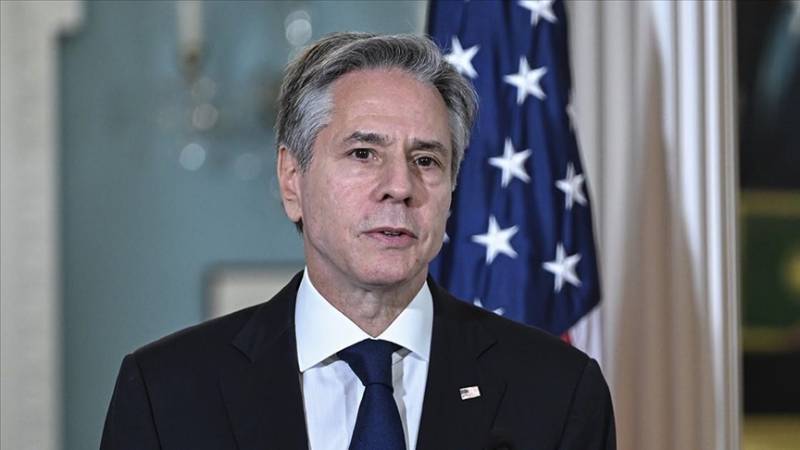Saudi Arabia - Israel normalization agreement on cards?
Shares

US Secretary of State Antony Blinken, during a press conference alongside German counterpart Annalena Baerbock, expressed on Friday that the prospect of normalization between Israel and Saudi Arabia, while potentially transformative, remains a formidable challenge.
Blinken articulated that achieving normalization between these two nations would indeed mark a watershed moment not only for the Middle East but for the broader international community. He underscored the region's prolonged history of more than four decades marred by turmoil and instability.
Blinken contended that transitioning from a region characterized by unrest to one characterized by increased stability and integration could yield profound advantages for the people of the Middle East and have far-reaching global ramifications. He acknowledged, however, that brokering an agreement between these nations would necessitate a substantial Palestinian component.
The intricacies of any potential agreement, as well as the divergent expectations of the involved parties, present formidable hurdles in the path to normalization.
While Blinken maintained that normalization is conceivable, he cautioned against assuming its inevitability. He emphasized the belief that the benefits stemming from such an achievement, if realized, would undoubtedly outweigh the challenges encountered during the process.
It's worth noting that Saudi Arabia currently lacks diplomatic relations with Israel and remains firm in its stance against normalization until the Israeli occupation of Palestinian territories, ongoing for decades, is brought to an end.
To date, six Arab countries have established diplomatic ties with Israel. The trajectory began with Egypt in 1979 and continued with Jordan in 1994. The most recent developments in this regard occurred in September 2020 when the United Arab Emirates (UAE) and Bahrain formalized their relations with Tel Aviv. Subsequently, Sudan and Morocco followed suit later in the same year. These diplomatic shifts have played a pivotal role in reshaping the geopolitical landscape of the Middle East
